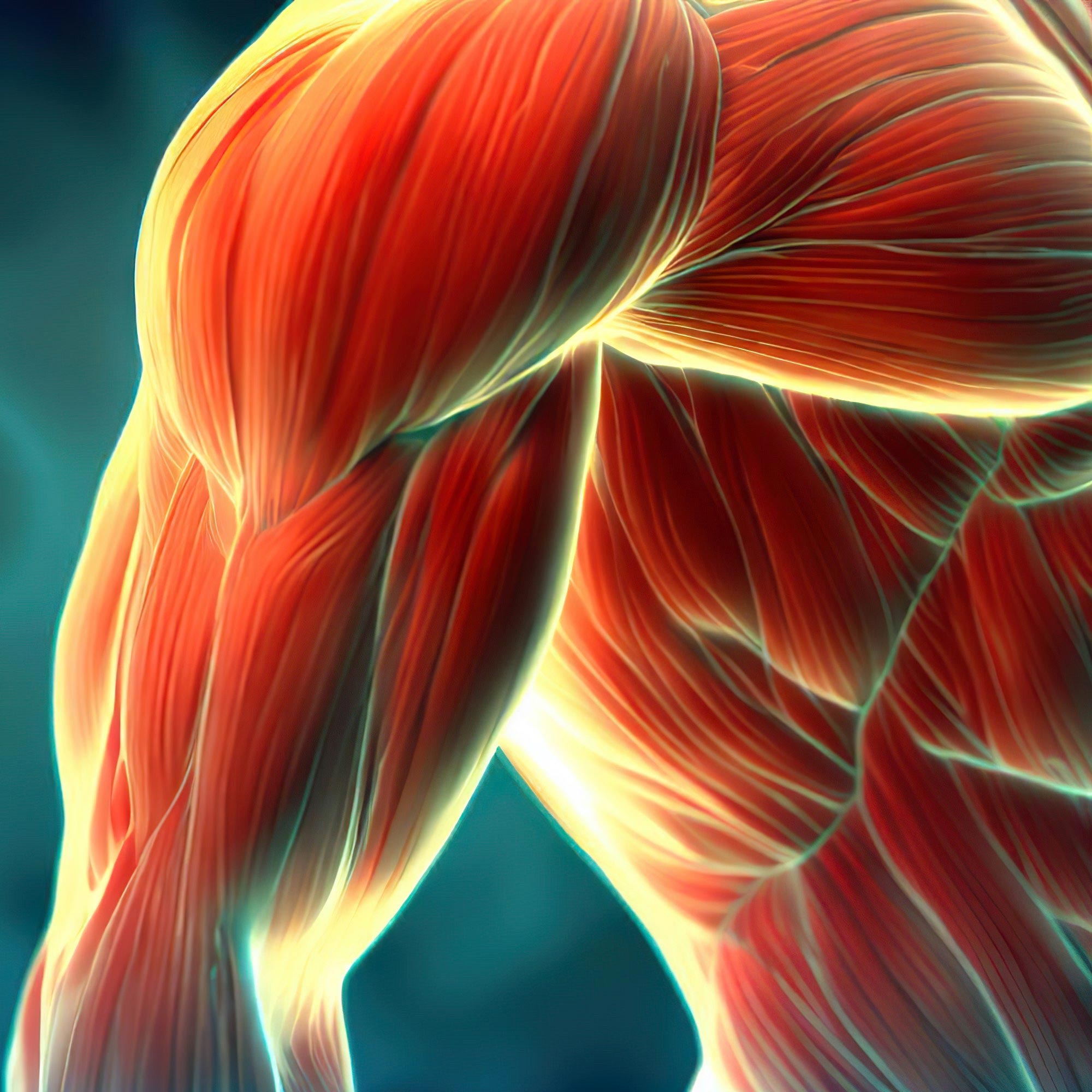
Scientists at the Instituto de Medicina Molecular João Lobo Antunes in Portugal have found a way to stimulate muscle regeneration in aged mice by modulating the function of immune cells known as macrophages, using a protein called MANF. Their study, which could potentially be applied to human regenerative medicine, suggests that increasing MANF levels in aged muscle can restore its regenerative capacity, offering a promising avenue for improving the efficacy of current muscle regenerative therapies and combating age-related diseases.
A team of researchers at iMM has discovered a protein capable of regulating the immune system and restoring the regenerative capacity of muscles in the aging.
Muscle regeneration, a complex, multi-stage process that involves various factors, including the immune system, tends to decline with aging. However, new research led by Joana Neves and Pedro Sousa-Victor, group leaders at the Instituto de Medicina Molecular João Lobo Antunes (iMM, Portugal), has provided a fresh perspective on this issue. The findings, recently published in the journal Nature Aging, show that modulating the function of immune cells can restore muscle regeneration capacity in older mice.
In their research, they discovered a protein that manages the function of a certain group of immune cells known as macrophages. It enhances their ability to remove residue in the muscle undergoing regeneration.
“We found that the behavior of macrophages is altered in aged mice. Macrophages are a type of immune cells that are capable of phagocytosis, the process of ingestion and elimination of particles inside cells”, says Joana Neves, group leader at iMM and co-leader of the study.

Joana Neves and Pedro Sousa-Victor, group leaders at Instituto de Medicina Molecular João Lobo Antunes, in Lisbon. Credit: Jorge Figanier Castro
“During regeneration, the macrophages are responsible for clearing the dead cells from the muscle after injury, which is a normal step of the process of muscle regeneration. Macrophages act like a cellular vacuum cleaner, cleaning the “dirt” from the muscle,” adds Joana Neves.
The researchers found that macrophages in aged mice have reduced levels of a protein, called MANF, which is crucial for this process.
“In fact, this protein is so important in this process that if we decrease MANF levels in the macrophages in younger mice, their ability to regenerate muscle is also impaired”, adds Neuza Sousa, a student at iMM and first author of the study. “On the other hand, increasing the levels of the protein MANF in aged muscle is sufficient to recover muscle’s regenerative capacity,” continues Neuza Sousa.
On the implications of the study for regenerative medicine and aging, Pedro Sousa-Victor, co-leader of the study and also a group leader at iMM, says: “A central promise of regenerative medicine is the ability to repair aged or diseased organs using stem cells. This approach will likely become an effective strategy for organ rejuvenation, holding the potential to increase human health span by delaying age-related diseases. Our study shows that immune aging is an important obstacle to the regenerative capacity of aged muscle.”
The clinical success of the current stem-cell-based therapies is limited by the capacity of aged and diseased organs to regenerate. In this study, the researchers discovered an immune modulator that can be used to improve the function of the immune system in the aged muscle. “We believe that MANF could be used in the future as a supplement to improve the efficiency of current muscle regenerative therapies,” concludes Pedro Sousa-Victor.
These findings could be used in the future to promote the reparative function of the immune system and improve the success of the current stem-cell-based therapies for muscle regeneration.
Reference: “Aging disrupts MANF-mediated immune modulation during skeletal muscle regeneration” by Neuza S. Sousa, Margarida F. Brás, Inês B. Antunes, Päivi Lindholm, Joana Neves and Pedro Sousa-Victor, 23 March 2023, Nature Aging.
DOI: 10.1038/s43587-023-00382-5
This work was developed at iMM in collaboration with the Helsinki Institute of Life Science (HiLIFE) in Finland. This work was funded by the European Molecular Biology Organization and the Fundação Portuguesa para a Ciência e a Tecnologia.










